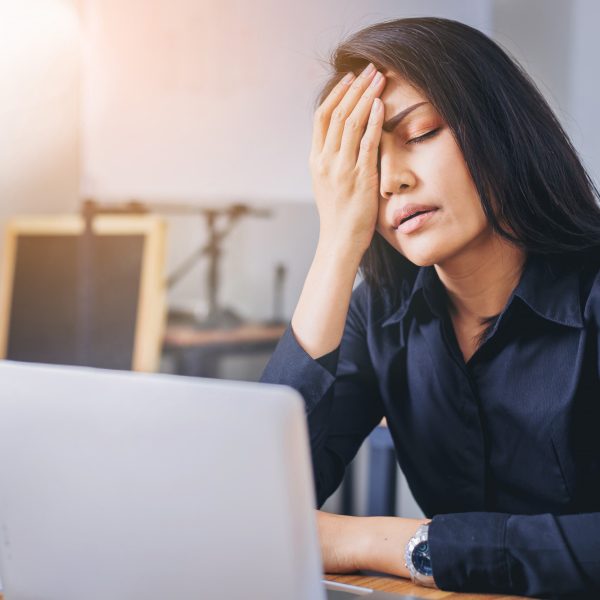Depression affects an estimated 264 million people worldwide. Yes, you read that right.
Depression is a serious mental health condition that can affect people of all ages, races, and socioeconomic backgrounds. While it is normal to experience feelings of sadness and low mood from time to time, depression is more than just feeling down. It is a complex mental health condition that can affect every aspect of a person's life. Recognizing the signs and symptoms of depression is crucial to getting the help you need to manage this condition.
Signs and Symptoms of Depression
The symptoms of depression can vary from person to person, but some common signs include:
Feelings of sadness, emptiness, or hopelessness that last for an extended period.
A lack of interest in once enjoyable activities.
Difficulty sleeping or sleeping too much.
Lack of energy or feeling tired all the time.
Changes in appetite or weight.
Difficulty concentrating, making decisions, or remembering things.
Feelings of guilt, worthlessness, or helplessness.
Irritability, restlessness, or agitation.
Physical symptoms, such as headaches or stomach aches.
Thoughts of suicide or self-harm.
If you're experiencing any of these symptoms, it's important to speak with a healthcare professional to determine if you have depression.
Tips to Cope with Depression
If you're experiencing depression, it's important to seek professional help. However, there are some things you can do to help manage your symptoms in the meantime. Here are some tips:
Practice self-care. Taking care of yourself can help you feel better both physically and mentally. This can include things like getting enough sleep, eating a healthy diet, and engaging in physical activity.
Reach out to friends and family. Social support is crucial when dealing with depression. Reach out to loved ones and let them know how you're feeling. Talking about your feelings can help you feel less alone.
Consider therapy. Therapy can be an effective way to manage depression. A mental health professional can help you identify negative thought patterns and develop coping strategies to manage your symptoms.
Try relaxation techniques. Techniques like meditation, deep breathing, and progressive muscle relaxation can help you manage feelings of anxiety and stress.
Take medication as prescribed. If your healthcare provider prescribes medication, it's essential to take it as directed. Some medications take time to work, so it's important to be patient and stick with the treatment plan.
Here are certain things to keep in mind that will help
Depression is not a sign of weakness. It's a medical condition that requires treatment, just like any other illness.
Exercise can be an effective way to manage depression. Exercise releases endorphins, which can boost your mood and energy levels.
Depression is often treated with medication and therapy, but there are also alternative therapies that can be helpful, such as acupuncture, massage, and art therapy.
Pets can be a great source of comfort for people with depression. Spending time with animals can help reduce stress and promote feelings of well-being.
Takeaway
Recognizing the signs and symptoms of depression is crucial to getting the help you need to manage this condition. If you're experiencing any of the symptoms of depression, it's important to speak with a healthcare professional to determine if you have depression. While there are things you can do to help manage your symptoms in the meantime, seeking professional help is the most effective way to manage depression. Remember, depression is a medical condition that requires treatment, and there is no shame in seeking help.
Read more
















